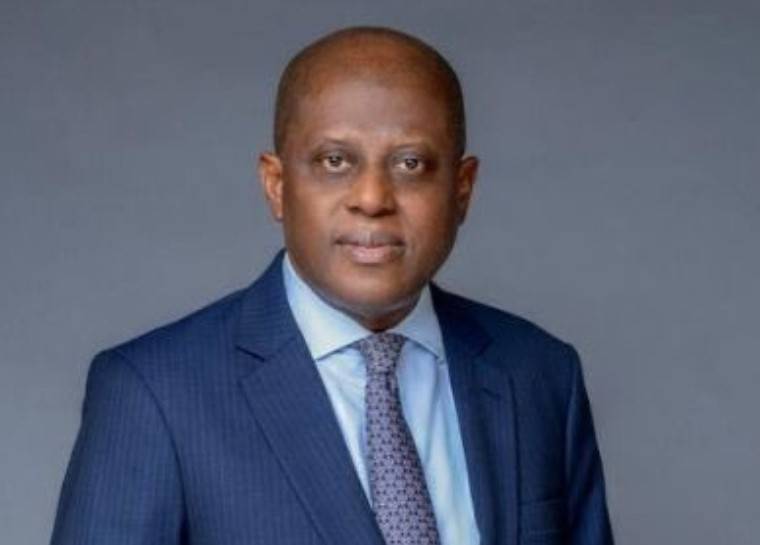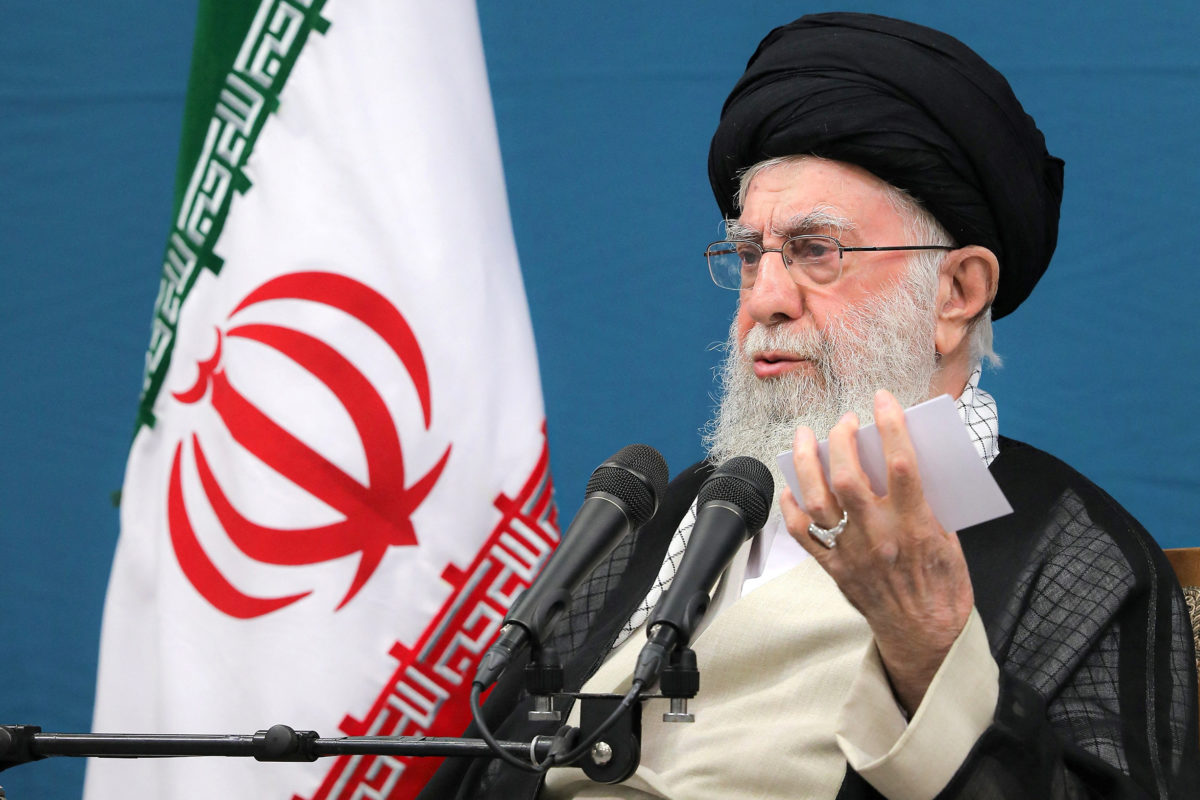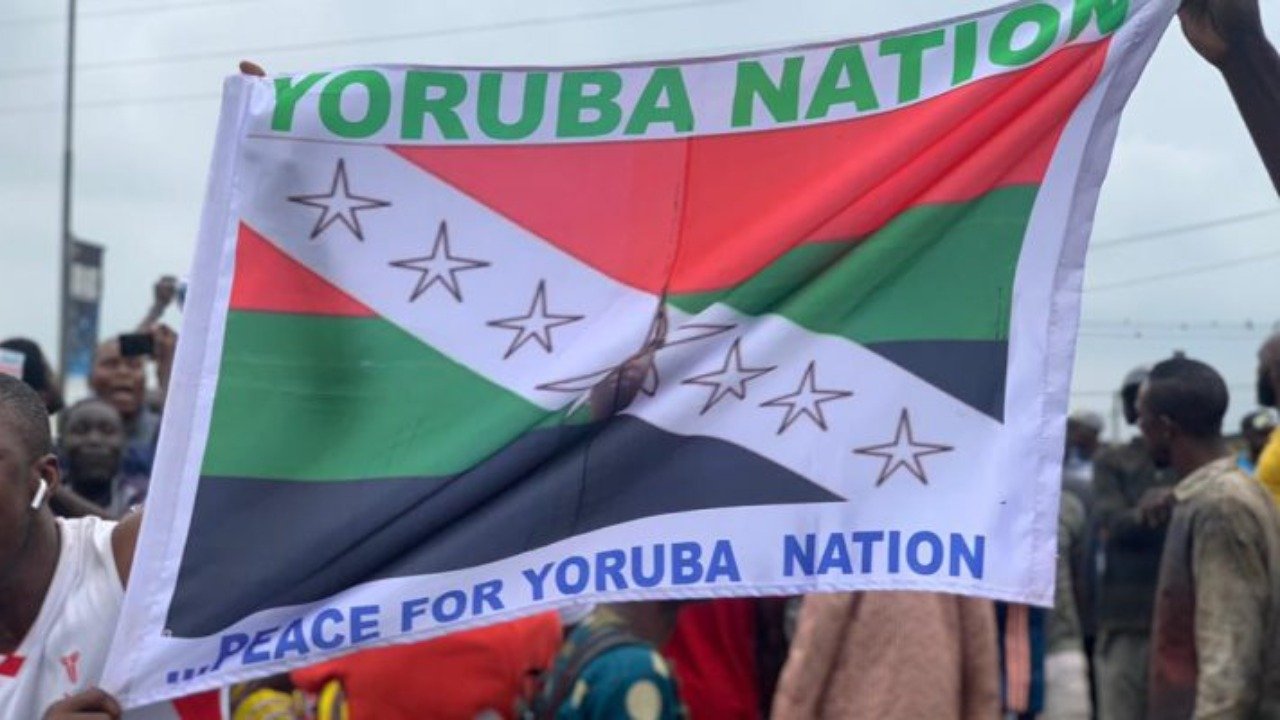By Kayode Emola
When the previous Buhari administration imposed a levy on monies received in our account in Nigeria, many people would have thought it was just a small amount that could be overlooked. Little did we know that this would be a new avenue for the government of Nigeria to impose more levies and taxes on its citizens both at home and in the diaspora who operate a bank account in Nigeria.
Just recently this week, the Central Bank of Nigeria (CBN) imposed another levy on bank users in Nigeria dubbed cybersecurity levy on all transfers into any bank in Nigeria. The question is, what on earth has come on the Nigerian government? That has resulted in using the Nigerian banks as a means of stalking its population for one form of revenue or the other.
The same population are paying stamp duty on any money received in their accounts despite no evidence of goods and services exchanged other than the transfer of funds from one bank account to another. Other charges include the Nigerian Inter-Bank Settlement system (NIBSS) charge, Value Added Tax (VAT), maintenance fee and SMS charges. Yet again, there is this new levy that goes to the Office of the National Security Adviser. This is on top of all the heavy budget made annually for security that goes down the drain of the various state government coffers.
The worst of all this is that, if you ever fall a victim of financial crime as a customer of the Nigeria bank, there is little to no help in recovering your lost funds. One could go to the bank branches for days un-end without refund. So, it is not clear what this new levy on cybersecurity aims to tackle in our security architecture.
Simply put, the Nigerian government has failed in its primary duty, which is to protect the lives and property of its citizen. It has now resulted in yet another sham program of extorting money from the poor citizens who have nothing left to give to the government order than their own very existence.
We all know that at least 50 percent of the population living in Nigeria especially those in the villages and many in the core North are unbanked. Where does that leave them in this grand scheme of things from the federal government of Nigeria. Will they be exempted from this tax? If not, how is it fair that a section of the population should be levied and the others that decides not to are left out. Afterall, the data to be protected such as people’s identity covers all Nigerians.
With all the talk of a cashless society, this policy is one that will surely make the people transact less through the banks and result in the traditional hand to hand cash transaction. It appears that the government wants to take all our hard-earned money through taxes by any means necessary. If the government will continue to charge people arbitrary for using the banks to do their daily transaction, then they will discourage people from nearing the banks and force more pressure on the naira in circulation.
It seems this heavy tariff is meant to punish the majority of us in the diaspora who help to prop up the Nigerian economy all in the name of helping our loved ones back home. Before 2005, the diaspora remittance was less than $1bn. However, just last year alone, the Nigerian economy was boosted to the tune of $25bn by the diaspora remittance. Which makes me believe that the Nigeria economy is living off the back of its diaspora majority of whom are the Yoruba people.
The Nigerian government revenue forecast for 2023 was pegged at ₦9.73 trillion (equi $8.45bn) and an expenditure budget of ₦20.51 trillion (equi $18.65bn) was proposed by the Buhari administration leaving the country with a deficit of ₦10.78 trillion (equi $9.8bn). With this sums it shows that the Nigeria government is living far beyond its means and would one way or another seek to generate the deficit from our diasporan remittance.
The more we continue to send our hard-earned money, the more tax the Nigerian government will continue to impose on us all in the name of combatting security threat. Except we stand up now to stamp it out once and for all. The Nigerian government is definitely not ready to fight any cybercrime as they claim as they still carry out many governments work using public domain emails like google and yahoo. That to me seems like a misplaced priority in the face of heavy stealing by government officials.
Therefore, the most effective way to fight this criminality by the Nigerian government is to permanently remove our Yoruba nation from this unworkable union called Nigeria. The interim actions we can take will be to stop diasporan remittance to Nigeria in protest for one month so that the government can see that they can’t keep imposing levy on our hard-earned money arbitrarily.
I believe that if Nigeria needs to generate money to fight cyber insecurity, it should start with a full probe of all the immediate past governors, senators, and any high- and low-ranking politician that has access to the national treasury. They should look through all their transactions; both personal and public money to trace any abnormal payments. If they do this, they may be able to trace all the funds for public infrastructure such as roads, schools, hospitals and so on, that have been diverted into personal use and sent to safe havens.
Maybe a recovery of those funds would help the Nigeria government generate a lot of funds to fight the cyber insecurity threat. Afterall, we are yet to account for the over ₦80 billion the former Governor of Kogi State Yahaya Bello is alleged to have stolen. The former CBN governor Emefiele is still in detention for huge amount of money himself and his cronies stole or diverted from the treasury and I am sure there are many more like these broad day criminals turned politicians.
If the Nigerian government must make any headway, the immunity clause must be removed from the constitution and any serving government or public official found wanting of corruption should be made to face the wrath of the law rather than hiding under the shadow of immunity. If not, the Nigerian government will continue to go round in circles about how to generate revenue for its heavy budget of deceit.
Any Yoruba person still deceiving themselves that there is a future in Nigeria is only doing a disservice to our Yoruba nation. Many of us who find it difficult to contribute even a token as low as $1/month to fight for our self-determination will find themselves paying this and many more stealth taxes in their thousands of dollars to the Nigerian government they so desire to retain.
Nigeria is not going to change; it will continue to ask for more even though it has nothing else other than pain and grief to offer our loved ones back home. It is we who need to understand that the time has come for us to exit this failed union as quickly as possible.
The Yoruba has no business in Nigeria and the earlier we exit, the better it will be for us. Many of us are running abroad for safe haven and living in fool’s paradise of comfort. We forget that without a homeland, even the outsider we are currently squatting with will not respect us.
Therefore, it is pertinent that we strive to push ourselves forward so that exit this mess in order to create for ourselves a future and a hope. Many of our kinsmen and women at home are in serious pain and agony. They want a way of escape from poverty, and the only way we can help them is by helping to birth our independent Yoruba nation; one where freedom and justice shall reign.
I urge us all to join the movement for establishing our independent sovereign Yoruba nation. It is the only vehicle that is capable of bringing about the desired result. It is therefore not wise to ignore the boat that guarantees us safety and a brighter future for the Yoruba person rather than continue in this failed experiment called Nigeria.


 Headline5 days ago
Headline5 days ago
 Headline6 days ago
Headline6 days ago
 Featured5 days ago
Featured5 days ago
 Featured5 days ago
Featured5 days ago
 National5 days ago
National5 days ago
 Featured3 days ago
Featured3 days ago
 National6 days ago
National6 days ago
 News3 days ago
News3 days ago













